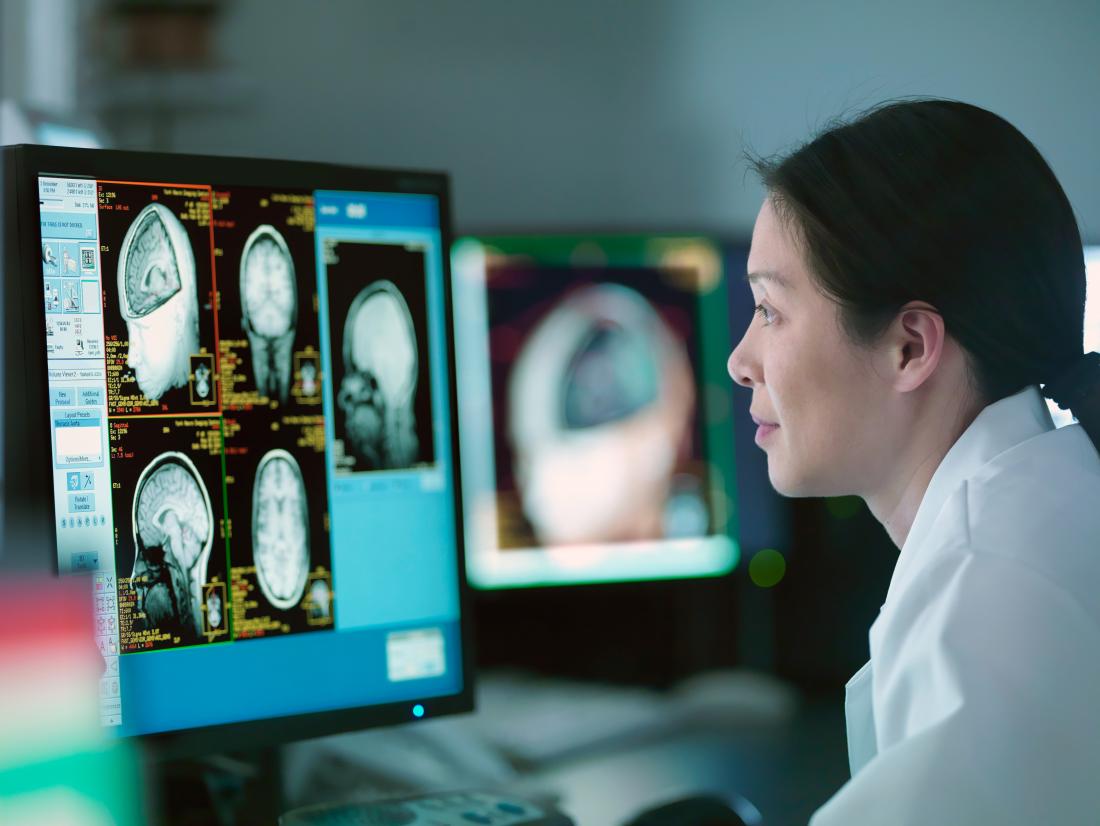
Understanding brain tumors is no easy task. That’s where the role of neurologists comes in. These brain specialists, such as complex spine & complex brain neurosurgeon Marina Del Rey, bring their expertise to the table. They contribute greatly to brain tumor management. This blog will shed light on their key contributions. We’ll delve into the role they play in detecting, treating, and managing these daunting health situations. So, let’s dive into the world of neurology and its impact on brain tumor management.
What Neurologists Do
Neurologists are like detectives of the brain. They study nerve cells and how they affect the rest of the body. They know the signs of a tumor and act quickly.
Detection and Diagnosis
The first step is detection. Neurologists use tools like MRIs and CT scans to find tumors. They study the images like a detective examines the evidence. Once they spot a tumor, they work to understand its type and stage.
Treatment
Once a diagnosis is made, treatment begins. This could be surgery, radiation, or medication. Neurologists often work with other doctors to create a treatment plan. They monitor progress and adjust the treatment as needed.
Management
Neurologists also help manage symptoms and side effects. They work to improve the patient’s quality of life. This can mean managing pain, helping with sleep, or even improving memory and focus.
The Impact
The role of neurologists in brain tumor management is huge. They are crucial in detection, treatment, and management. They bring hope to those facing this tough journey.
Here’s a look at the data
| TASKS | ROLE OF NEUROLOGISTS |
| Detection and Diagnosis | Use tools like MRIs and CT scans for detection. |
| Treatment | Work with other doctors to create and adjust treatment plans. |
| Management | Help manage symptoms and side effects, aiming to improve the patient’s quality of life. |
This blog has given a brief look at the work of neurologists. For more information, check out the National Library of Medicine or the National Institute of Neurological Disorders and Stroke.






